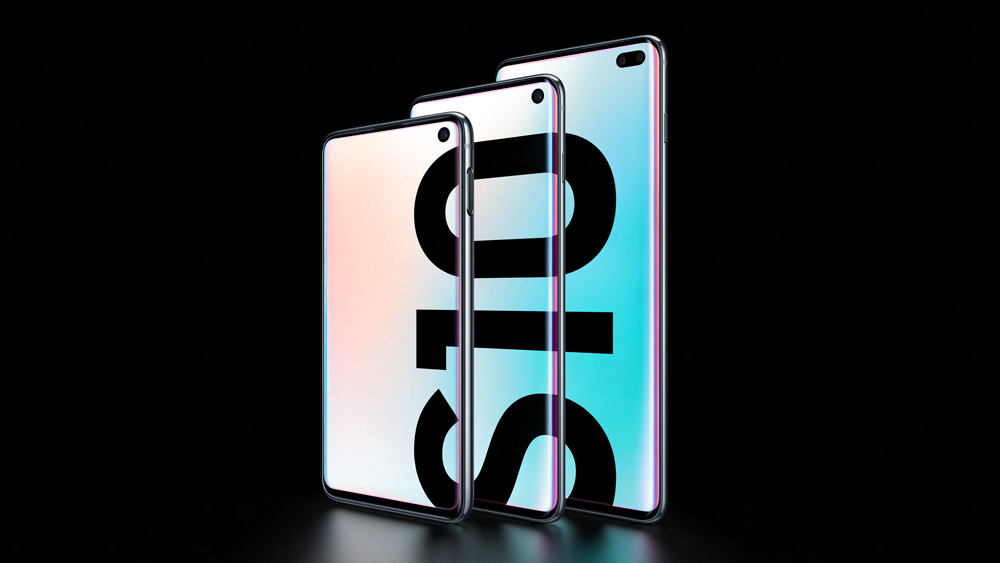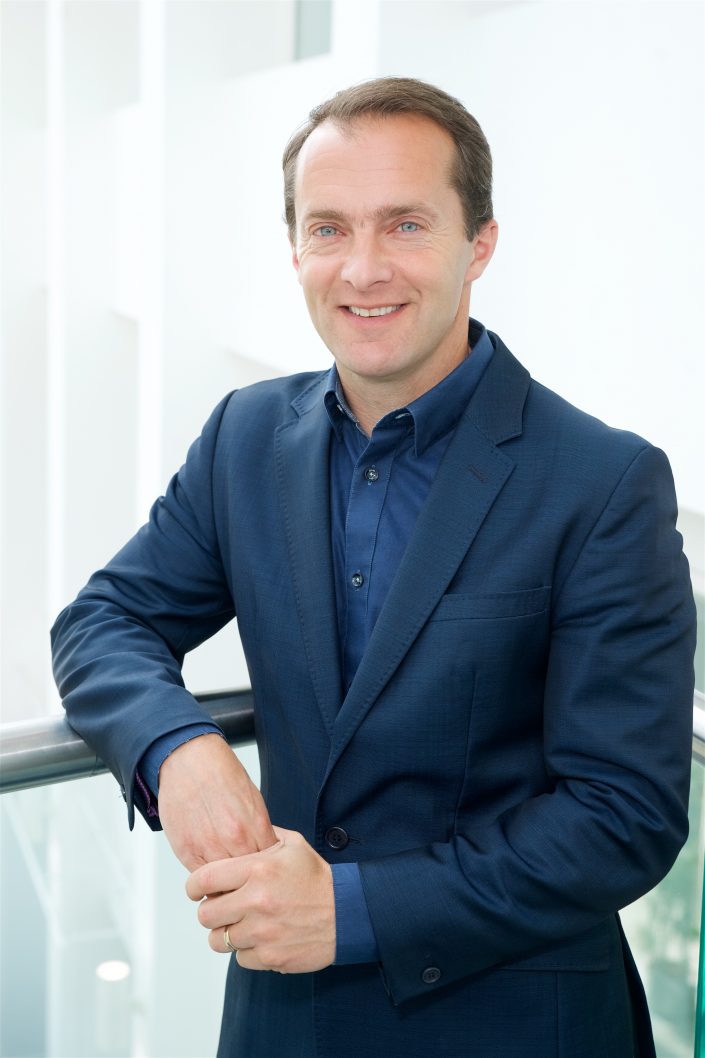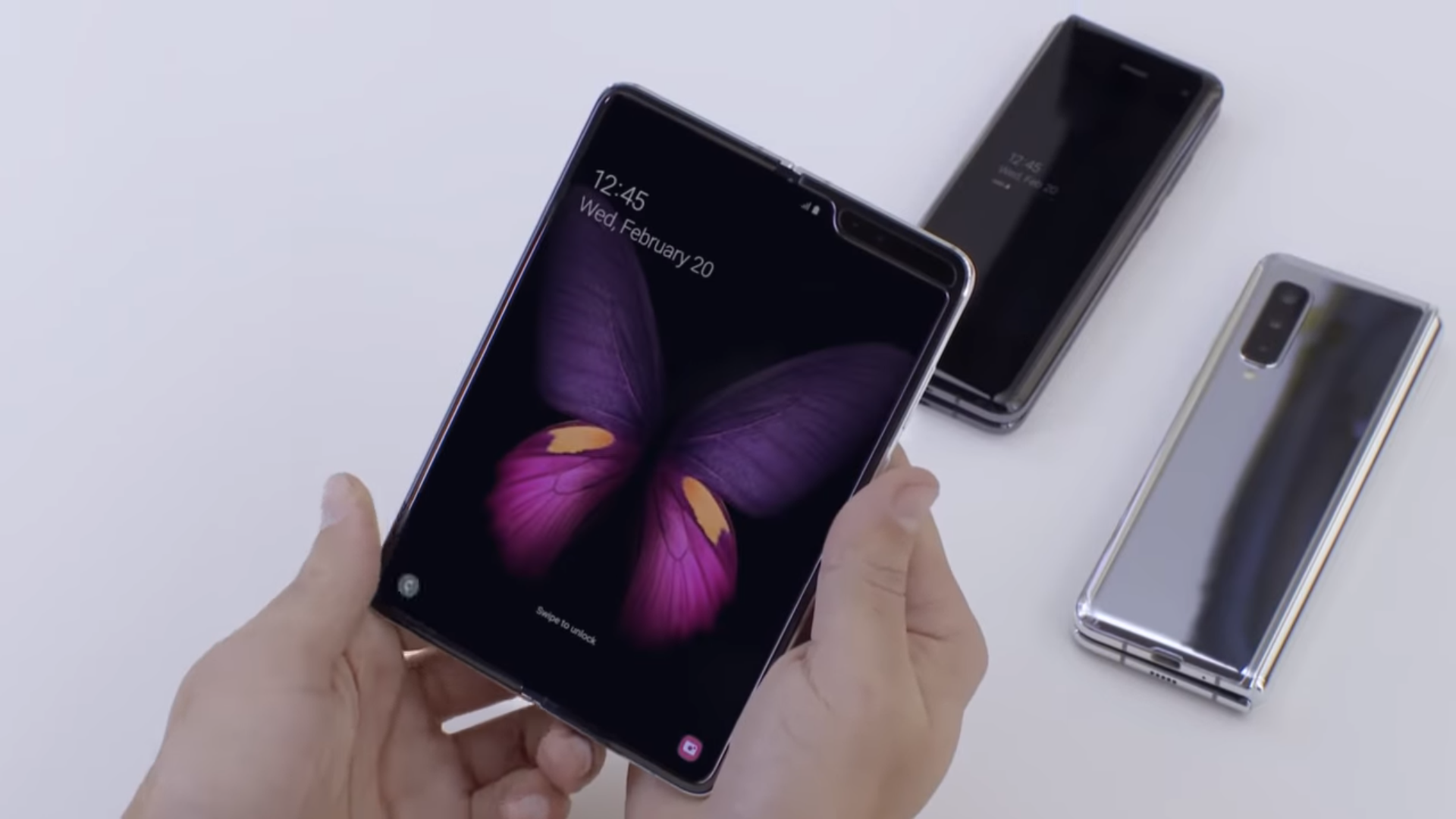Samsung: Customer experience and ecosystem are key to UK success
Samsung UK head backs investment in "lighthouse" market

As the world’s biggest smartphone manufacturer, Samsung commands a lot of attention at Mobile World Congress (MWC). Its stand in Hall 3 is one of the busiest at the show and this year is now exception.
While its competitors waited until Barcelona to reveal their new flagship devices, Samsung debuted the Samsung Galaxy S10 and the foldable Samsung Galaxy Fold at its own event the week before.
For many, MWC is the first chance to see the new devices in the flesh – even if the Fold was protected by a Perspex box this year.
- Samsung Galaxy S10: Hands-on review
- Chinese vendors account for a third of the market
- What is 5G? Everything you need to know
Samsung Galaxy S10 hopes
The new devices are integral to Samsung’s battle against market saturation. The S10 hopes to encourage consumers to upgrade at a time when product lifecycles are increasing, while the Fold is an attempt to maintain the company’s reputation as an innovator.
Not only are sales slowing, but Chinese manufacturers are challenging Samsung’s supremacy. Huawei has said it wants to be the world’s biggest phone vendor by next year, while others are increasing competition in mid-range segments.
In the UK, Samsung has traditionally led the Android charge against Apple. But the critically-acclaimed Huawei P20 has changed the landscape, while Xiaomi has also targeted Britain as part of its expansion into Western Europe. Amid this backdrop, the S10 has a lot riding on it.
Connor Pierce joined Samsung from Nokia as the head of UK and Ireland back in 2015 and was appointed Corporate Vice President late last year. He tells TechRadar Pro he is encouraged by the initial reaction to the S10.
Are you a pro? Subscribe to our newsletter
Sign up to the TechRadar Pro newsletter to get all the top news, opinion, features and guidance your business needs to succeed!
“I think we’ve made a significant leap forward from previous flagships in terms of camera, power and the ecosystem,” he says. “The reaction has been so positive and the response from our partners has been great.”

5G advantage
It’s no secret that mobile phone manufacturers are hoping 5G will drive sales. All four major UK operators have plans to launch 5G later this year and Samsung is to release a 5G version of the S10.
Several vendors have announced 5G smartphones at MWC, but none are as high-profile as the Samsung flagship. Although uptake of 5G might be low to begin with, it’s likely that many early adopters will select the S10 – driving modest sales but positioning Samsung as an innovator.
“It will take time to get coverage [but] I do think operator plans will drive uptake of the Samsung Galaxy S10 5G,” says Pierce. “I think it will help drive growth in the market.
“In five months, let’s assume we will have broader coverage of 5G and a wider choice of devices so it’s more accessible. I think people will be blown away.”

The future is foldable
It’s clear that Samsung places great emphasis on being perceived as an innovator, and this helps to explain the Samsung Galaxy Fold.
While the S10 will hope to drive sales in a way the S9 failed to do, the Fold is a more niche product with a huge price tag. Some analysts have suggested vendors don’t want the first generation of foldables to be mass-market and instead want to learn how these commercial handsets are used in a real-world setting.
Pierce believes the Fold will attract a following, but admits it is important from a branding perspective and that Samsung will provide support to customers throughout the entire lifecycle of their device.
“We’ve spent many years and millions of hours-worth of engineering investment in making the Samsung Galaxy Fold. It’s about Samsung’s leadership [of the smartphone] market. It’s important for brand but we have an expectation that it will be adopted by our partners and early adopters.
“We can be proud of the Samsung Galaxy Fold and [we can judge success] in a number of ways. We are committed to delivering a positive experience.
“We’ve read about the lack of innovation in smartphones. We’ve proved that era of apathy is over and we’ve come up with a spectacular form factor. We’ve shown there is more to come and I think it’s a beginning of a new era.”
Of course, Samsung is not the only vendor showcasing a foldable device at MWC. The Huawei Mate X has stolen headlines, while LG has showcased a dual screen device as an alternative. Pierce is not worried the innovation in the Fold will be overshadowed.
“The more players, the more energy, the more innovation and the more creativity [in the market] is better for the company. We have our own ambitions and if [the competition] wants to keep up, let them try.”
Ten years of Galaxy
Speaking of competition, how important is it for Samsung to keep its position as the world’s biggest manufacturer? Is it more important to stay ahead of the pack or to increase the Average Selling Price (ASP) of devices and improve profitability?
Samsung has spent the past few years attempting to diversify its portfolio. It has expanded into components and telecoms networking equipment, launched new wearables, and placed great emphasis on connected consumer electronics powered by the SmartThings platform.
Pierce is proud of the legacy of the Galaxy range as it nears its decade in existence and believes Samsung’s reputation for quality and customer service will continue to endear it to customers and partners.
“I think the most important thing for Samsung is to have a successful business but that only works if you have a good experience. It’s about bringing 5G [and other innovations] to life. If we get that right, consumers enjoy the experience and feel loyalty to Samsung and the wider ecosystem.
“In the UK, people who have [multiple Samsung products] have the highest NPS scores. At least two thirds of people have a Samsung product in their household and a lot of iPhone owners love their Samsung TV.
“It’s been an incredible evolution over ten years … [Galaxy] is well-established as a premium brand and it stands for something meaningful. People see Galaxy as an innovative brand, especially with the [launch of] the S10.
The UK market
“The UK is a lighthouse market and we have a lot of expectation from our [international] colleagues," Pierce adds. "We need to build opportunities … it’s a very competitive market. My new role [as Corporate Vice President] gives me a stronger voice internally.
The UK is unique in that three quarters of the market is premium. In the past, it’s been a two-horse race, but we have a strong NPS that’s improving all the time.
“It’s about focussing on the right things, like adding value to partners and on what consumers really want."
- Here are the best Samsung mobile phone deals for March 2019
Steve McCaskill is TechRadar Pro's resident mobile industry expert, covering all aspects of the UK and global news, from operators to service providers and everything in between. He is a former editor of Silicon UK and journalist with over a decade's experience in the technology industry, writing about technology, in particular, telecoms, mobile and sports tech, sports, video games and media.